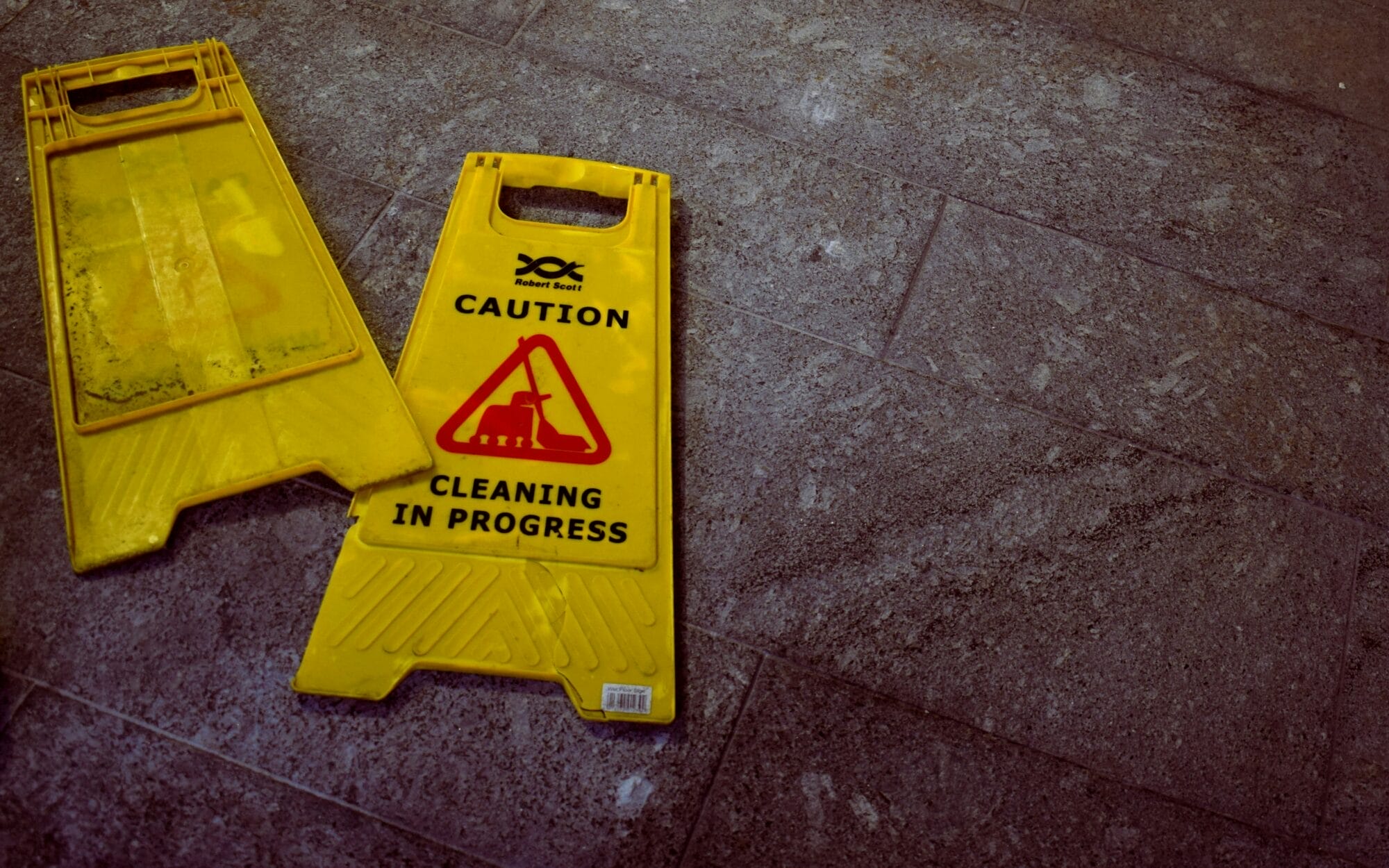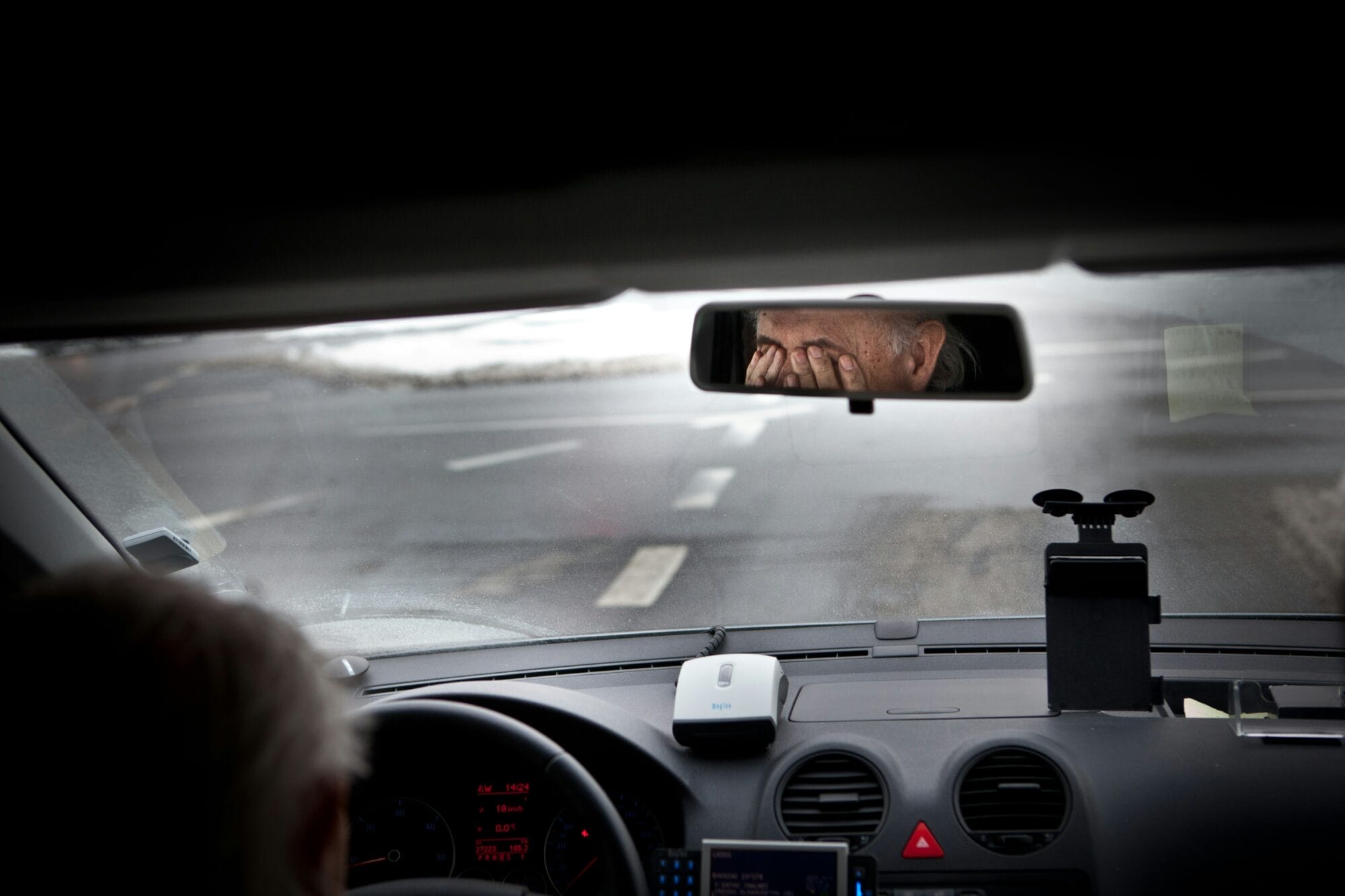The phrase “prima facie” means “on the face of it”. As such, a prima facie negligence case is one where you provide sufficient evidence to the court to prove the defendant breached their duty of care, causing injuries or damages.
Establishing a prima facie case of negligence in Virginia requires meeting various criteria. Here, we discuss them in more detail.
How to Establish Prima Facie Case of Negligence in Virginia
1. Duty Of Care
The first step in a negligence case is to prove the defendant had a duty of care towards you. This connection occurs when the law recognizes some relationship between you and the person who harmed you.
For example, truckers and other drivers using public roads must follow traffic laws to avoid accidents. Truck drivers and other motorists disobeying these laws by zooming through a red light, failing to use a turn signal, not staying in their lane or using their turn signal, are all examples of a driver failing in their duty of care towards others.
Business establishments also have a duty of care to customers and the public who use their premises. Businesses of all types have a duty to maintain their premises in a reasonably safe condition and to warn you of any danger they knew, or should have known, about. Failure to clean up water off the floor, fix a pothole or any other dangerous condition that could cause injury could be negligence on the part of the business.
Homeowners are also under a similar duty of care as business establishments for guests they invite to their home. Homeowners also often breach their duty of care to others by having a dog they know to be dangerous on the premises and they do not warn visitors or take precautions to stop the dog from preventing injury.
Doctors, lawyers and other professionals also have a duty of care to their patients and clients to act as a reasonably prudent professional in the same circumstances. Failure to comply with the appropriate standard of care could be medical malpractice, legal malpractice or other forms of professional negligence.
There are innumerable duties of care under the law. If you believe that anyone has breached the duty of care they owed you it is important to contact an attorney to see if you have a case to pursue.
2. Breach Of Duty Of Care
Once you establish the defendant had a duty of care towards you, you must then prove they breached that duty of care to bring a prima facie negligence case to court. Under Virginia law, it means the person “failed to act with the level of care a reasonable person would have exercised under the same circumstances.”
For traffic violations, such as running a red light, breach of duty of care is clear-cut. However, in cases where liability is not as clear insurance companies will typically deny that the standard of care was breached or offer a miniscule amount of money to settle your case. Just because the insurance company denies your case does not mean that you don’t have a case. We have obtained millions of dollars for individual clients after insurance company denials and we are not afraid to fight to get you compensation.
3. Proximate Cause Of Harm
Virginia law also requires you to prove that the accident was the proximate cause of your injury. The proximate cause of an injury is that cause which, in natural and continuous sequence, unbroken by any efficient intervening cause, produces the injury, and without which the result would not have occurred.
For example, a driver running a red light that caused your injuries could easily foresee the harm their actions could cause. However, a freak accident, such as a deer jumping in front of the driver’s headlights, causing a collision with your car may not represent negligence.
Courts may also deny prima facie negligence cases when “intervening causes” break the causal chain between the defendant’s actions and your injuries. An intervening cause is a negligent act or omission that constitutes a new effective cause and which, operating independently of anything else, is the proximate cause of the injury.
“Superseding causes” – an independent event, not reasonably foreseeable, that completely breaks the connection between the defendant’s negligent act and your injuries is another reason a prima facie case of negligence could be denied. A superseding cause breaks the chain of events so the at-fault party’s original negligence act is not the proximate cause of your injury in the slightest degree.
4. “Causal Connection” of the Injury to the Accident
After identifying a breach of duty of care, you must also prove the defendant’s actions were the cause of your injuries, called the “causal connection.” Judges won’t consider your prima facie negligence case without it.
The “causal connection” is an old part of the law that protects defendants against claims for damages they didn’t cause. Therefore, you must show a natural and unbroken sequence between the negligence complained of and the injury suffered. This evidence is typically obtained by the nature of the accident and an opinion from the doctor who is treating you for your injuries. Since your attorney will rely on your doctor to prove this element of your case it is crucial that you tell your doctor your injuries resulted from an accident and the type of accident it was (i.e., a slip and fall, car accident, etc…).
5. Damages
Finally, you must prove that the defendant caused damages. These include:
- Physical injury to your person
- Lost wages
- Pain and Suffering
- Mental Anguish
- Inconvenience
- Permanent scarring, disfigurement, and disability
- And other damages suffered by you in the accident
If you cannot provide damages, then you cannot prove your case. This is why it is important to immediately seek medical treatment after an injury to document your injuries. Your attorney must be able to show the defendant’s conduct resulted in harm to you. The extent and duration of your injuries are indicators of the payout you are likely to receive in your case.
Work With a Trusted Personal Injury Lawyer In Virginia
If you want to find out whether you have what you need to establish a prima facie negligence case in Virginia, call our team at Renfro & Renfro. Our experienced personal injury attorneys are ready and waiting to help you receive compensation after a traumatic accident. Contact us to schedule your consultation.






